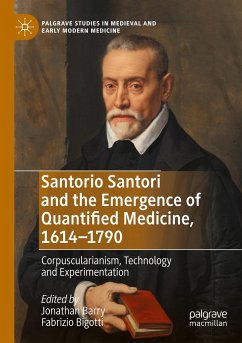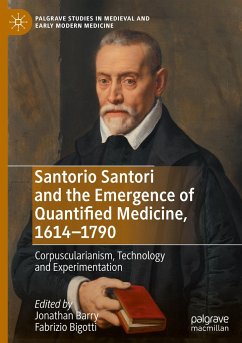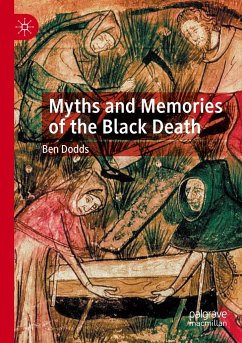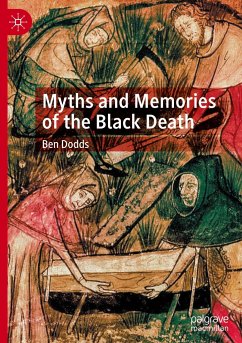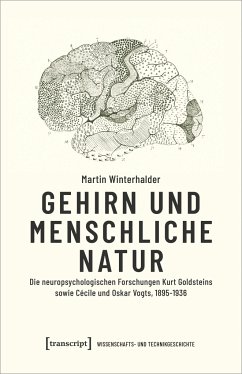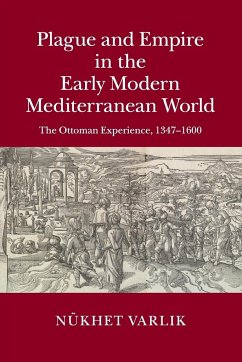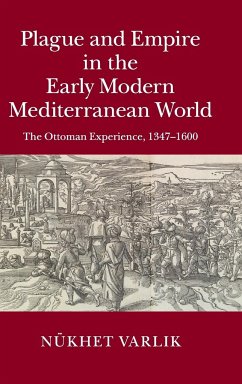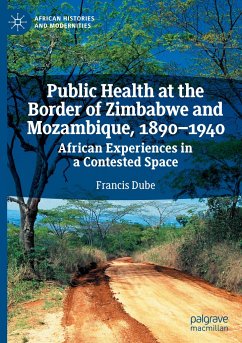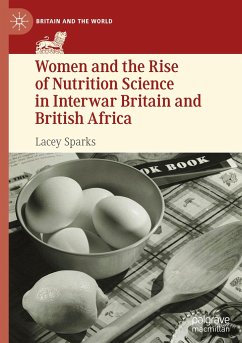
Interdisciplinary Insights from the Plague of Cyprian
Pathology, Epidemiology, Ecology and History
Versandkostenfrei!
Versandfertig in 6-10 Tagen
106,99 €
inkl. MwSt.
Weitere Ausgaben:

PAYBACK Punkte
53 °P sammeln!
This book tackles the difficult challenge of uncovering the pathogenic cause, epidemiological mechanics and broader historical impacts of an extremely deadly third-century ancient Roman pandemic. The core of this research is embodied in a novel systems synthesis methodology that allows for ground-breaking historical-scientific problem-solving. Through precise historical and scientific problem-solving, analysis and modelling, the authors piece together a holistic puzzle portrait of an ancient plague that is fully consistent, in turn, with both the surviving ancient evidence and the latest in cu...
This book tackles the difficult challenge of uncovering the pathogenic cause, epidemiological mechanics and broader historical impacts of an extremely deadly third-century ancient Roman pandemic. The core of this research is embodied in a novel systems synthesis methodology that allows for ground-breaking historical-scientific problem-solving. Through precise historical and scientific problem-solving, analysis and modelling, the authors piece together a holistic puzzle portrait of an ancient plague that is fully consistent, in turn, with both the surviving ancient evidence and the latest in cutting edge twenty-first-century modern medical and molecular phylogenetic science. Demonstrating the broader relevance of the crisis-beset world of the third-century Roman Empire in providing guiding and cautionary historical lessons for the present, this innovative book provides fascinating insights for students and scholars across a range of disciplines.






